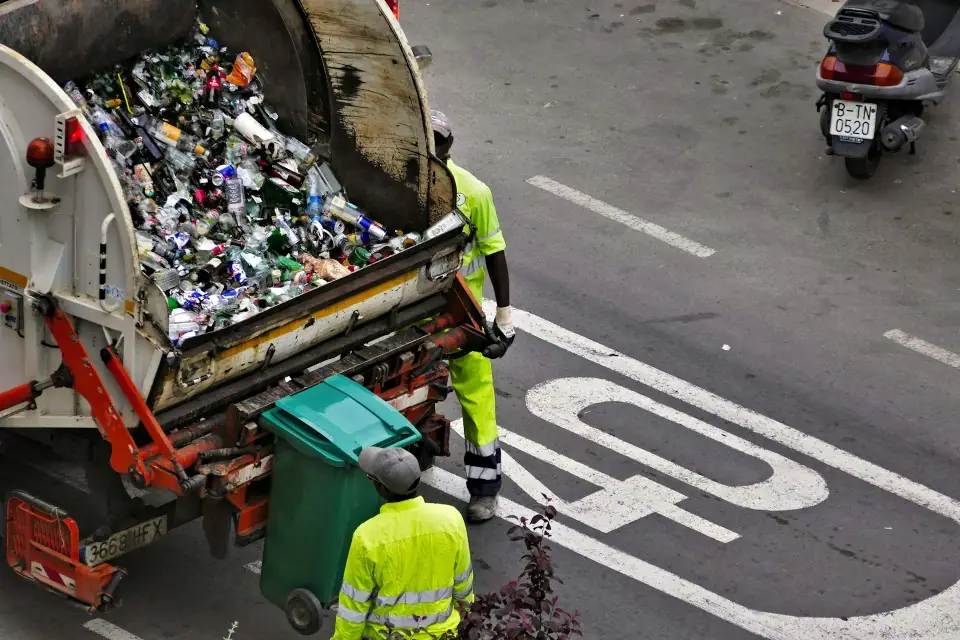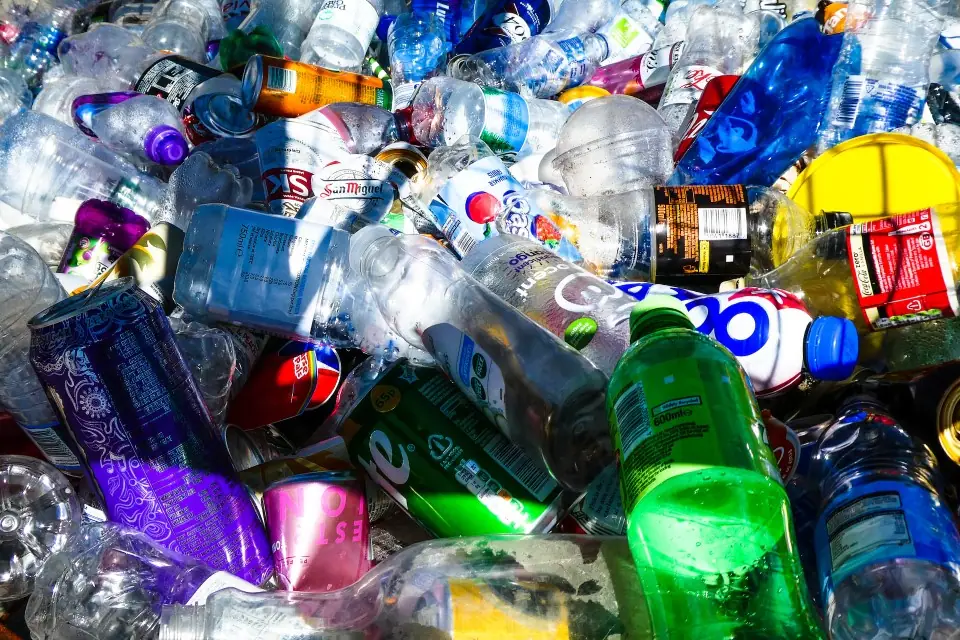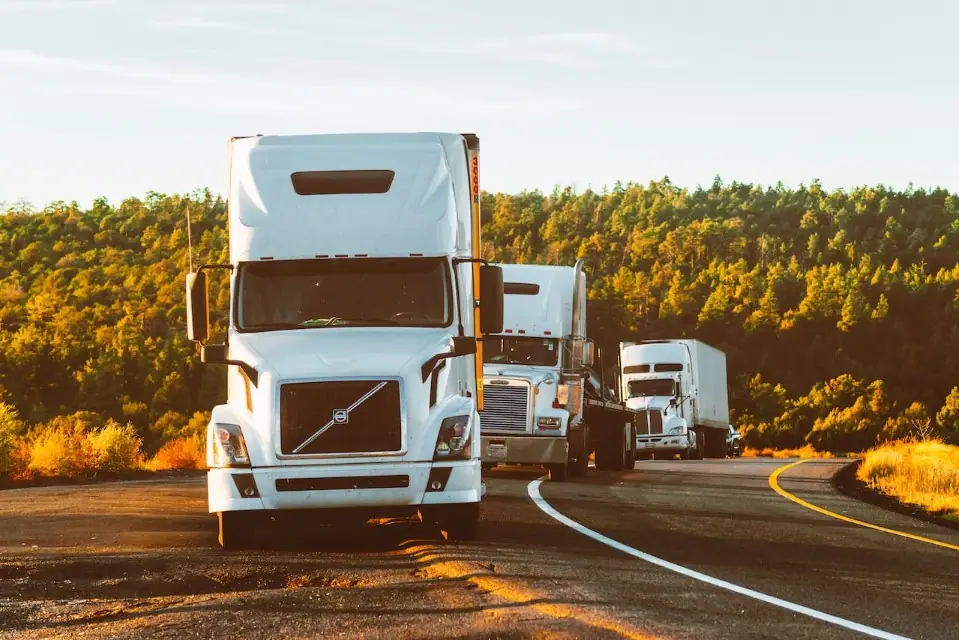Are you considering starting a recycling business and wondering about the costs involved? Recycling is not only an environmentally responsible endeavor, but it can also be a profitable business. This article will guide you through the financial aspects of launching a recycling venture, providing you with essential information to help you get started.
Understanding the Costs of Starting a Recycling Business
Starting a recycling business involves several key costs, which can vary depending on the scale and nature of your operation. To gain a comprehensive understanding, let’s break down the various expenses associated with launching your recycling business.
1. Initial Investment
The first and most significant expense when starting a recycling business is the initial investment. This includes the cost of acquiring the necessary equipment, facilities, and vehicles. The exact figure can vary widely based on factors like the type of materials you plan to recycle and the capacity of your operation.
For example, a small-scale recycling business focused on paper or plastic might require an investment in machinery such as shredders, balers, and conveyor belts, which can collectively cost anywhere from $50,000 to $200,000. On the other hand, a larger recycling plant for materials like glass or metal might demand an initial investment ranging from $500,000 to several million dollars.
2. Operational Expenses
Operational expenses include ongoing costs such as rent or lease payments for your facility, electricity, water, and labor. The monthly expenses can add up quickly, so it’s essential to plan and budget accordingly. For a small recycling operation, these costs could amount to a few thousand dollars per month, while larger plants may have expenses reaching tens of thousands of dollars.

3. Regulatory Compliance
Recycling businesses need to adhere to environmental regulations and obtain permits, which might come with associated costs. Consult with local and state authorities to understand the specific permits required for your type of recycling operation. Costs can vary widely, but you should budget for permit fees, inspections, and compliance measures.
4. Collection and Transportation
The cost of collecting and transporting recyclable materials is another significant expense. If you’re collecting materials from various sources, you’ll need a fleet of vehicles, fuel, and drivers. The expenses for collection and transportation can range from several thousand to hundreds of thousands of dollars annually, depending on the scope of your business.
5. Marketing and Outreach
To establish a customer base and raise awareness of your recycling services, you’ll need to invest in marketing and outreach efforts. This could include creating a website, advertising in local media, and participating in community events. The budget for these activities can vary widely, but you should allocate a portion of your startup capital and ongoing funds to marketing.

Can I start a recycling business from home?
While it’s possible to start a small-scale recycling business from home, the feasibility depends on local zoning laws, the type of materials you plan to recycle, and the space available. It’s often more practical to have a dedicated facility for larger-scale operations.
What types of materials are most profitable to recycle?
Profitability depends on market demand and the region, but some materials are generally more lucrative to recycle, such as metals, electronics, and high-quality paper. Research your local market to determine the most profitable options.
Are there grants or incentives available for recycling businesses?
Many governments and organizations offer grants, subsidies, or tax incentives to encourage recycling businesses. Research local, state, and federal programs to find opportunities for financial support.
How long does it take to break even in a recycling business?
The time it takes to break even varies widely depending on factors like your initial investment, operational efficiency, and market conditions. Some businesses break even within a few years, while others may take longer.
Conclusion
Starting a recycling business can be a fulfilling and environmentally responsible venture, but it’s essential to understand the associated costs and plan accordingly. The initial investment, ongoing operational expenses, regulatory compliance, collection and transportation costs, and marketing efforts all contribute to the financial aspect of your recycling business. While the expenses can vary widely, a well-structured business plan and thorough market research will help you navigate the road to success. Whether you aim to recycle paper, plastic, glass, or metals, careful planning and budgeting are key to building a sustainable and profitable recycling business.
In conclusion, the cost of starting a recycling business depends on various factors, including the materials you plan to recycle and the scale of your operation. It’s essential to conduct thorough research, create a solid business plan, and secure the necessary funds to ensure the success of your recycling business. With dedication and a commitment to environmental sustainability, your recycling venture can make a positive impact on the planet while generating revenue.












